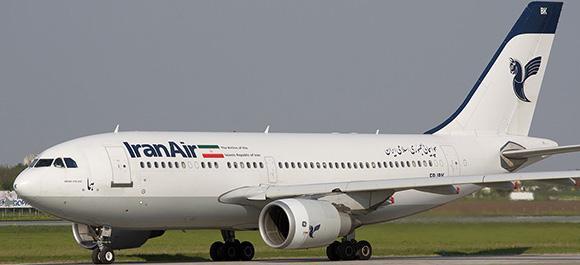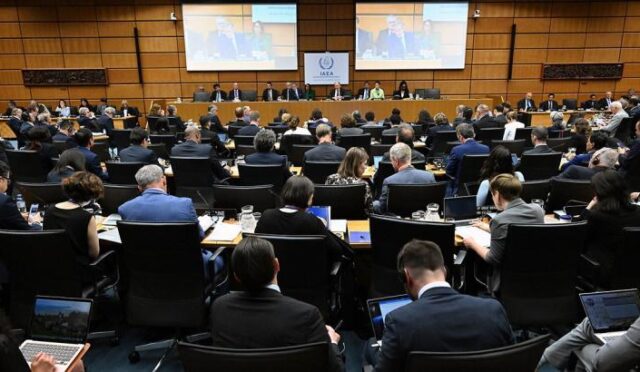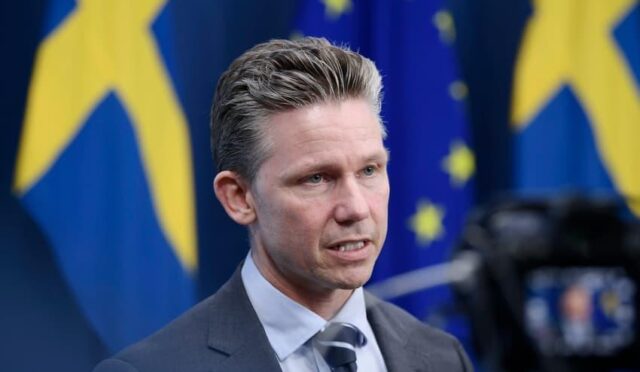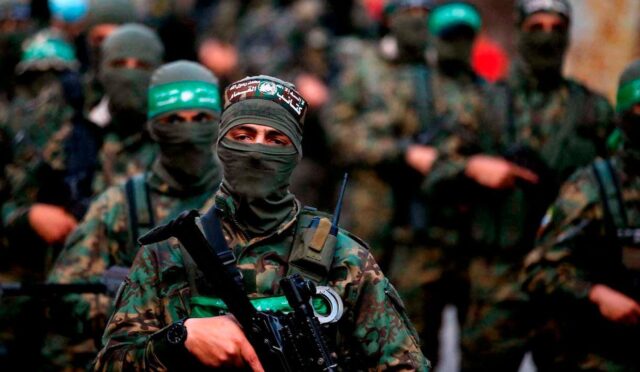Russia’s Strong Opposition to Western Peacekeepers in Ukraine
Russia has firmly rejected the idea of deploying Western peacekeeping troops in Ukraine as part of any potential resolution to the ongoing conflict, which has now persisted for nearly three years. Russian Foreign Minister Sergei Lavrov made this declaration, emphasizing Moscow’s discontent with discussions occurring in Western capitals regarding foreign troop deployment.
In a recent interview published by the Russian foreign ministry, Lavrov conveyed this stance to the state-run TASS news agency. He criticized proposals from U.S. President-elect Donald Trump, specifically addressing the suggestion to postpone Ukraine’s NATO membership for two decades while allowing a contingent of British and European forces to enter Ukraine.
Discussions Among Western Leaders
Amid these tensions, discussions about the potential stationing of foreign troops have been gaining traction in Western circles. French President Emmanuel Macron and Poland’s Prime Minister Donald Tusk recently discussed this sensitive issue during a meeting in Warsaw, highlighting the international interest in finding a resolution to the conflict.
The Kremlin has previously indicated that it believes the conversation around peacekeepers is premature, with Lavrov reiterating this sentiment during his interview. The lack of consensus on this matter underscores the complexities surrounding the peace negotiations.
Trump’s Proposed Peace Strategies
U.S. President-elect Donald Trump has asserted his confidence in achieving a peace deal swiftly, claiming he could finalize an agreement within 24 hours. However, details of his proposed plans remain vague, creating uncertainty around his approach to the crisis.
Members of Trump’s team have floated various ideas, including the possibility of deploying European troops to monitor a ceasefire along the extensive 1,000-kilometer frontline. Additionally, a significant delay in Ukraine’s NATO membership aspirations has been suggested, but concrete proposals have yet to emerge.
Stalemate in Direct Talks
As diplomatic efforts progress, both Russian and Ukrainian leaders have dismissed the idea of direct negotiations between themselves. The positions of Kyiv and Moscow appear to be increasingly polarized, making the prospect of a peaceful resolution more challenging.
Russian President Vladimir Putin has laid out specific demands for peace, insisting that Ukraine withdraw its forces from four regions—Donetsk, Kherson, Lugansk, and Zaporizhzhia—that Russia claims to have annexed. Conversely, Ukraine has firmly rejected any notion of territorial concessions to Moscow, complicating the peace dialogue further.
The Path Forward Remains Uncertain
The ongoing conflict in Ukraine continues to be a focal point of international concern, with various stakeholders attempting to navigate the path towards peace. The refusal of both sides to engage in direct talks adds to the complexity of the situation.
As discussions surrounding foreign peacekeepers and potential agreements unfold, the international community watches closely. The evolving political landscape in both Russia and Ukraine will undoubtedly play a crucial role in determining the future of the conflict.







